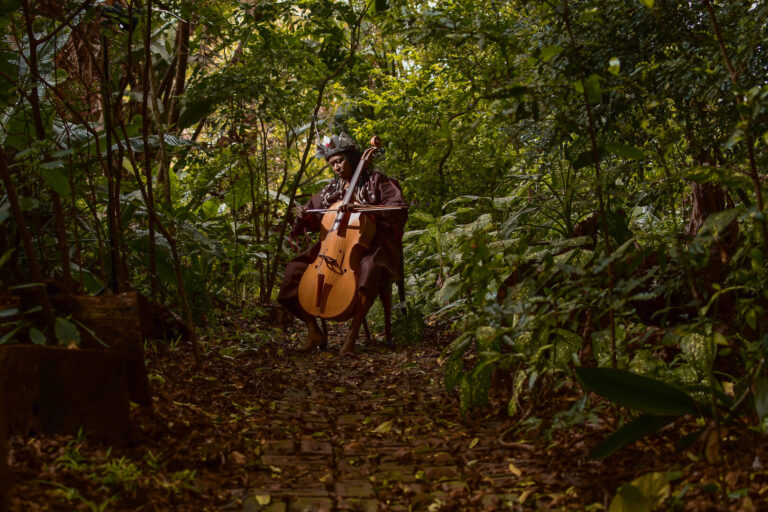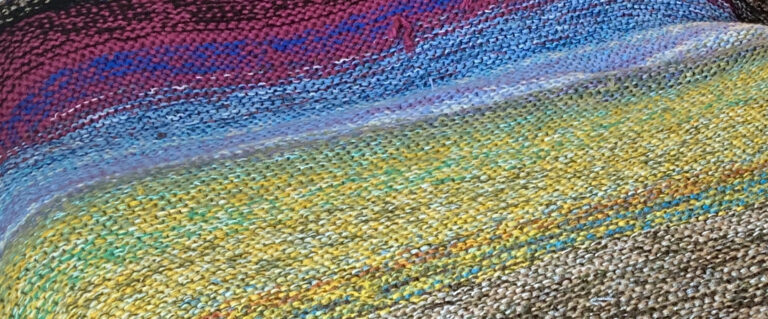This article tracks my intellectual journey in trying to understand the role played by craft specializations before the colonial era in KwaZulu-Natal (South Africa), which is the area where I come from. I do this by a comparative look at how craft specializations happened in other parts of the African continent, an approach prompted by the absence of older written or documentary sources on KwaZulu-Natal, prior to the advent of European colonialism. A key finding of the research is that the cultural and ritual repertoires of craft specialists reveal conceptual domains of expertise that are derived from intra-African regional dynamics. This contrasts with the colonial belief that implied that notions of expertise were as a result of European or Asian human contacts. In looking at craft guilds, I am interested in how ritual, technological skill and the mastery of certain musical/creative acts played a part in the formation of regional blocs in ancient Africa. Such a historical understanding may be crucial to our present-day understanding of emergent processes of regionalization and identity formation.
Keyword: craft
Security Blanket: Neuroqueer Knitting in Pandemic Times
This article presents neuroqueer knitting as a cripistemological practice in the context of the COVID-19 pandemic, during which the author realized that knitting was part of how they moved through trauma. Tracing the process of making a blanket during part of the pandemic, a time in which they were also relocating, the author argues that knitting offers a knowledge-making practice aligned with their autistic ways of being in the world. Treating this blanket as theoretical material, the author uses it to challenge ableist ideas of autistic people as lacking the capacity to narrate their experiences. Instead, this blanket is used to reflect alternative modes of knowing that document the author’s continued existence and survival in moments of trauma and upheaval.

